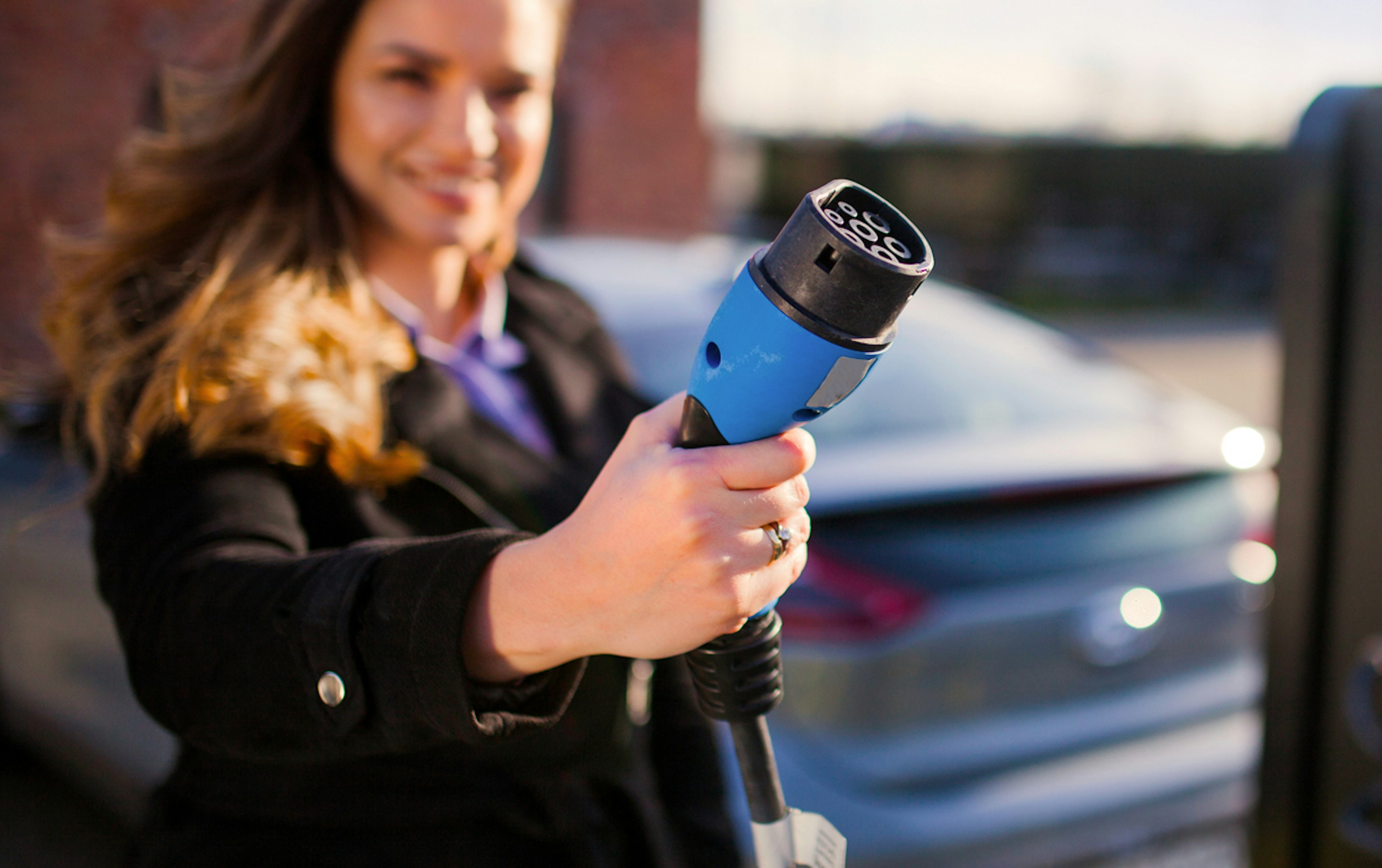You’ve hired and trained your drivers and specially upfit your fleet vehicles for your distinct business needs. Now, it’s time to protect your fleet investment—and your brand—with a comprehensive commercial car insurance policy.
For any company that operates a fleet of vehicles, commercial car insurance is a must. But what should fleet managers and business owners keep in mind when deciding what providers and policies will best protect their fleet? We sat down with William Rodie, a national client partnership manager at Mike Albert Fleet Solutions, to explore some of these key considerations.
Let’s start with the basics. What is commercial car insurance, and who needs it?
Just like how we insure our personal cars, commercial auto insurance is coverage for any vehicles that are being operated for business purposes. That can be a car, truck, van, trailer, or anything being used to transport people or items for your business. This type of insurance can cover vehicles that are owned or leased by a business, as well as ones that are owned by employees but used to conduct business activities.
How do different companies approach vehicle insurance? What options are available?
First of all, it’s important to understand that different state entities might require different minimum coverages for liability, both for bodily injury and property damage, so it’s important to make sure that whatever policy you choose meets those legally mandated guidelines. And if your business leases its vehicles, the company you’re leasing from might have similar requirements. Beyond meeting those requirements, though, fleet managers can opt for more comprehensive coverage or additional protections for things like physical damage from outside events, like falling tree branches, or uninsured drivers. They can also choose to insure vehicles individually or cover multiple vehicles under one policy.
In my experience, smaller companies will typically have an insurance policy like an individual does with their own private personal vehicle—they will individually insure each vehicle. But the level of coverage they choose can vary based on leasing and the industry that they're in—which, in my opinion, is just good business sense. A construction truck or HVAC van is likely to experience more wear than a sedan being used by an insurance adjuster, for instance, and a fully-upfitted truck or van that has expensive parts and tools could easily be worth $100,000.
If a company starts to grow and add more vehicles to the business, managers will often choose a fleet policy that covers all of the vehicles in their fleet, rather than insuring each vehicle individually. They also might opt for a liability-only policy and then add additional specialized coverage from there for equipment or goods that they’re carrying. Commercial car insurance is rarely a “one-size-fits-all" product, so it’s important to consider your unique business needs when making that decision.
Let’s talk cost. How much should people expect to pay for commercial car insurance?
Again, it really depends on your business. While the average driver will pay $1,638 per year for personal car insurance, there’s no one flat rate to expect when covering your commercial vehicles. However, it’s important to note that you can expect the price to go up or down depending on your unique circumstances. Factors like the industry you’re in, the type and number of vehicles in your fleet, where your business is located or where your drivers will be operating, any previous collisions or claims on your fleet's record—all of these can make a significant impact on how much you’ll pay for insurance.
Can telematics lower the price of insurance premiums?
While I can't speak for insurance companies themselves, I think they like knowing that the cars they’re insuring have a telematics product that can track vehicle usage and driver behavior. Fleet managers can use that data to prove to insurers that the majority of their drivers are safe on the road, or use it to inform safety programs and training that correct behaviors like harsh braking, harsh cornering, or speeding that would be a cause for concern.
The same goes for things like safety features that can warn drivers about speeding or blind spots, and cameras that can capture driver behavior and footage of any accidents or collisions—those can help cut costs to varying degrees depending on the insurer.
What else should fleet managers and business owners be aware of when it comes to insurance?
Insurance scams! We in the fleet management industry have been hearing more about commercial trucks and cars being targeted by scammers. Any vehicle with a company logo is essentially a target because scammers assume those trucks or vans will have a larger amount of insurance coverage. These people will stage accidents that cause enough damage to get a payout that makes them a profit—and we know too well that dealing with the aftermath of an accident is a huge headache that can cut into a fleet’s productivity.
To that end, we recommend that fleet managers work with their drivers to mitigate the risk of scams—whether that’s adding to their regular training, scheduling safety meetings on how to spot and avoid staged accidents, or installing vehicle cameras that can capture an accident and the aftermath.



